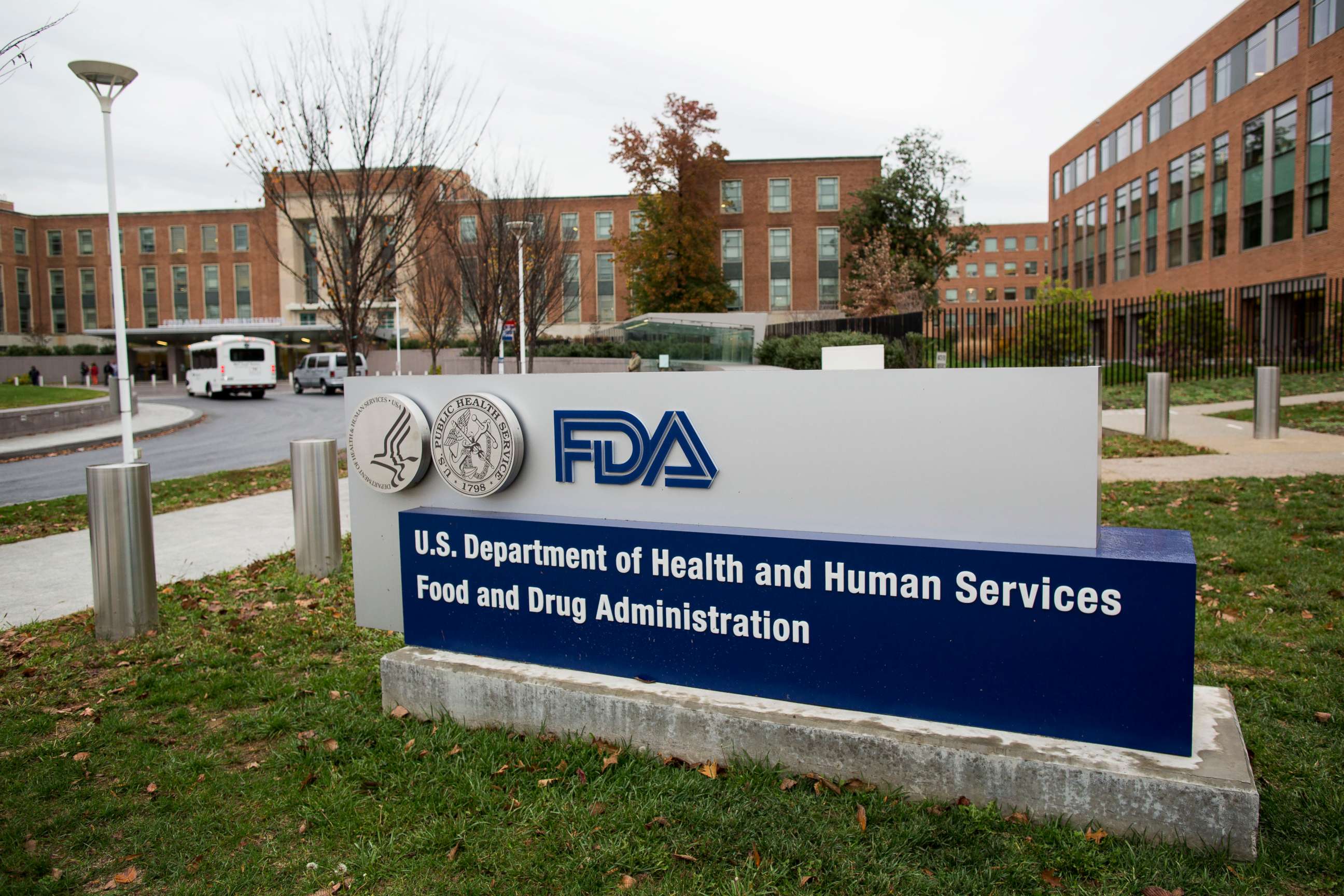FDA approves drug for heart failure that may keep patients out of the hospital during COVID-19 pandemic
Discovery may pave the way for a new class of medication.
AstraZeneca's diabetes drug, Farxiga, has become the first in its class to receive FDA approval as a treatment for heart failure.
"It's great news for patients with this condition," said Dr. Mikhail N. Kosiborod, a cardiologist at Saint Luke's Mid America Heart Institute and vice president of research at Saint Luke's Health System, who investigated the efficacy and safety of the drug prior to its approval.
Kosiborod said the newly approved drug -- which was initially developed as a diabetes drug -- will give patients "a new treatment option that's unlike any other heart failure medication. It works through a completely different mechanism of action and addresses all of the key objectives in treating patients with heart failure."
As doctors consider prescribing Farxiga drug to patients with heart failure, AstraZeneca is also studying whether the drug may benefit certain patients with COVID-19 -- some who suffer from mysterious cardiovascular problems such as blood clots and heart damage.
Heart failure accounts for a large number of hospitalizations and healthcare expenditures in the U.S. According to the Centers for Disease Control and Prevention, it affects about 6.5 million people in the country, and in 2017, it contributed to 1 in 8 deaths.
There are two main types of heart failure. About half of the people who suffer from the disease have reduced ejection fraction, which means that their heart cannot properly pump blood because its muscle has been weakened. As for the other half, their heart's ability to pump blood is fairly conserved, but an underlying condition like high blood pressure compromises its normal functioning.
So far, Farxiga has been approved only for the group of heart failure patients with decreased ejection fraction, but studies are ongoing to see if the drug could also work for the others.
In patients diagnosed with heart failure with reduced heart function, the drug, when taken in conjunction with traditionally prescribed heart failure medication, has been proven -- in a previously published study -- to reduce the risk of hospitalization and death, whether or not the patient was also diagnosed with type 2 diabetes.
"Heart failure is not just a highly morbid disease because of the risk of dying or having to go to a hospital, it is also associated with a heavy burden of debilitating symptoms, like shortness of breath or exertional intolerance," Kosiborod said.
Farxiga was shown to reduce the burden of these symptoms and improve patients' quality of life.
"This is actually a pretty positive study," said Dr. Varinder Singh, chief of cardiology at Lenox Hill Hospital. With the FDA approval in place, he believes this "drug should definitely be used in clinical practice," but that doesn't mean Farxiga will be right for every patient.
"It is always going to be on a case-by-case basis. Some patients may not tolerate it, you'd have to find your specific subgroup of patients," he added. For example, this medication may not be suitable for people with compromised kidney function.
Farxiga belongs to a class of drugs called SGLT2 inhibitors, which "when first introduced to the world were really thought entirely as diabetes treatment," Kosiborod said. "We started discovering that these medicines have remarkable additional properties beyond lowering blood sugar and treating diabetes, which included prevention of heart failure."
Kosiborod believes that the positive results on patients, along with the FDA's nod of approval, will help pave the way for a new class of medication to be used beyond diabetes treatment. "I think this approval formally marks the official transition of this entire class of agents from being viewed as diabetes medications to being viewed also as cardiovascular medications."
Singh says that Farxiga is a "welcome addition to our armamentarium." Although it may take time for large medical associations to respond to the approval with updated guidelines on how to integrate it into preexisting heart failure clinical treatment plans, Singh says that physicians may already start prescribing it to patients who are suitable candidates.
This approval, amidst the current pandemic may also help further the treatment of certain COVID-19 patients.
Researchers are conducting various studies to determine whether or not Farxiga could be potentially beneficial in certain patients that are hospitalized with COVID-19.
"We know that COVID-19 is not just a respiratory illness, it also affects the heart, as well as other vital organs," Kosiborod said.
For high-risk patients who contract COVID-19 with preexisting cardiovascular disease, researchers hope Farxiga may help reduce the risk of disease progression and of serious complications.

Through the ongoing global Phase III trial, DARE-19, researchers will determine whether the drug could decrease the severity of illness and lessen the cardiovascular, respiratory, and kidney complication in this particularly vulnerable group of COVID-19 patients. Kosiborod says, "We think there is a reasonable possibility that they may be beneficial," but further investigations need to be done to evaluate whether the potential benefits outweigh any potential risks.
Eden David, who's studying neuroscience at Columbia University and matriculating to medical school later this year, is a contributor to the ABC News Medical Unit.
Disclosures: Kosiborod's institution receives research grants and other research support from AstraZeneca, Boehringer Ingelheim and Janssen. Kosiborod holds a clinical trial leadership position and/or consultant position at AstraZeneca, Boehringer Ingelheim and Janssen.




